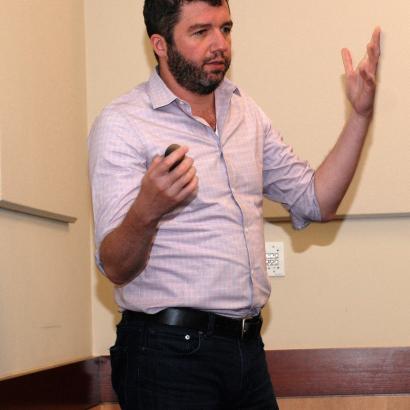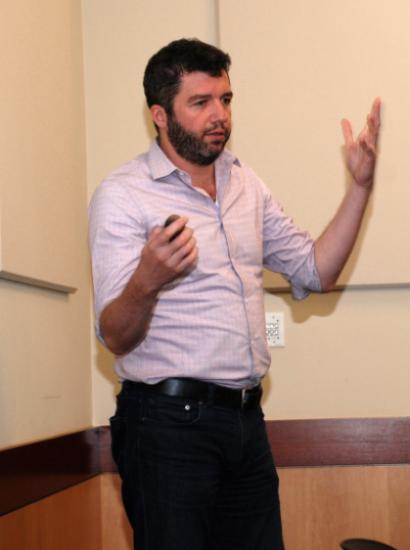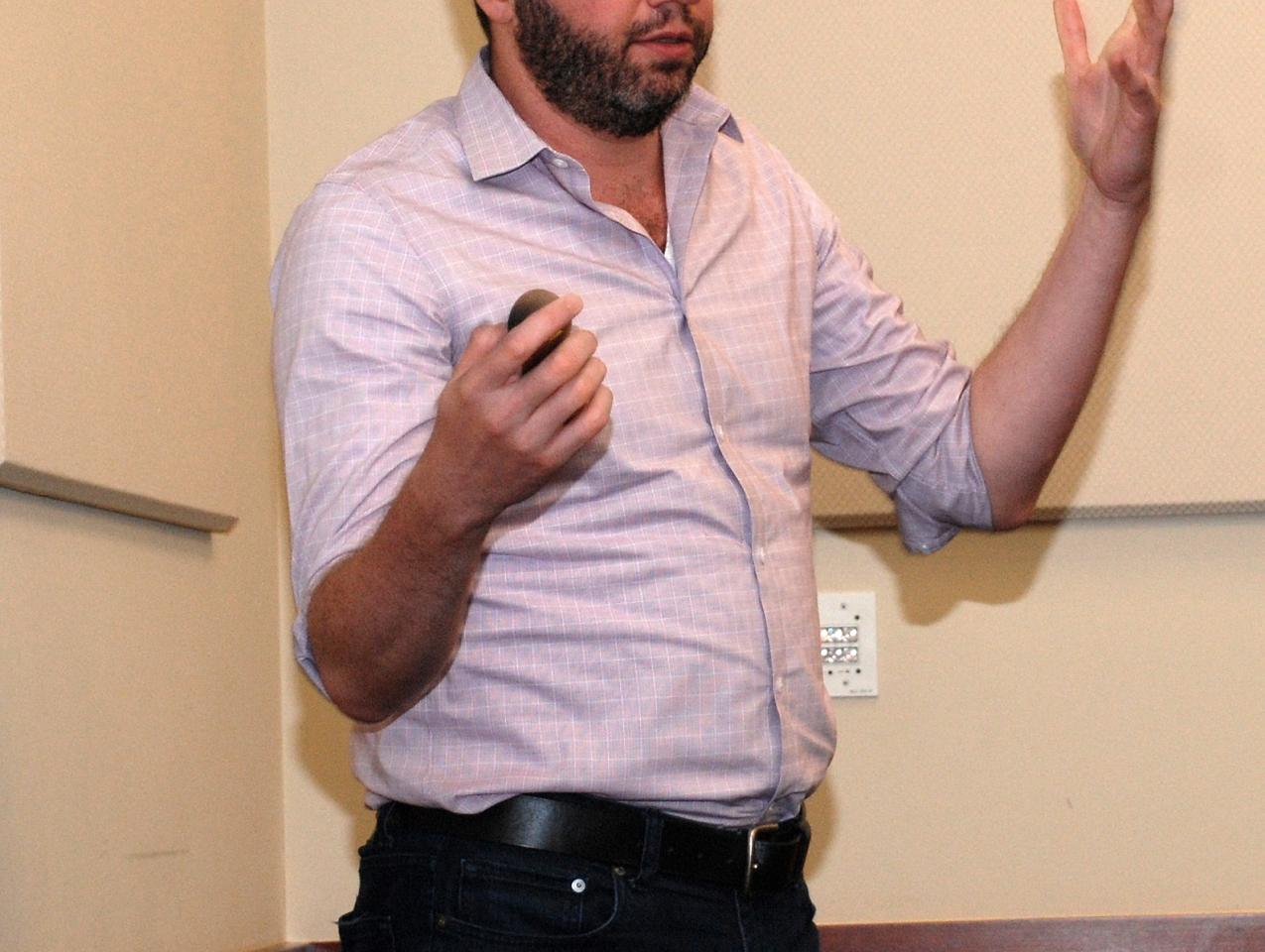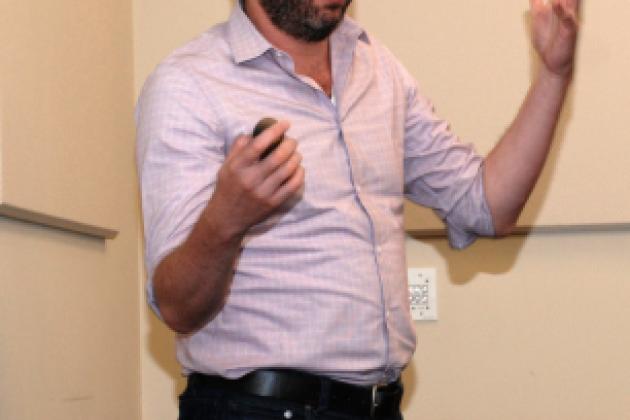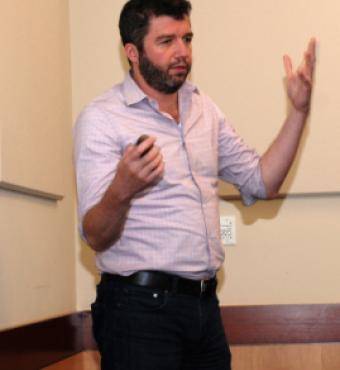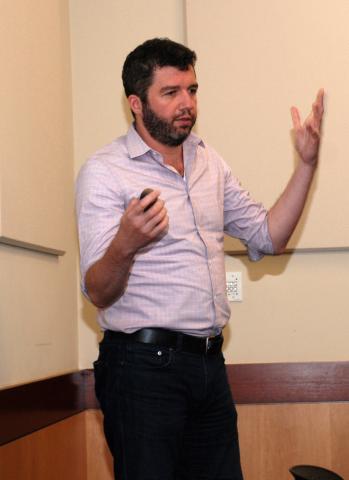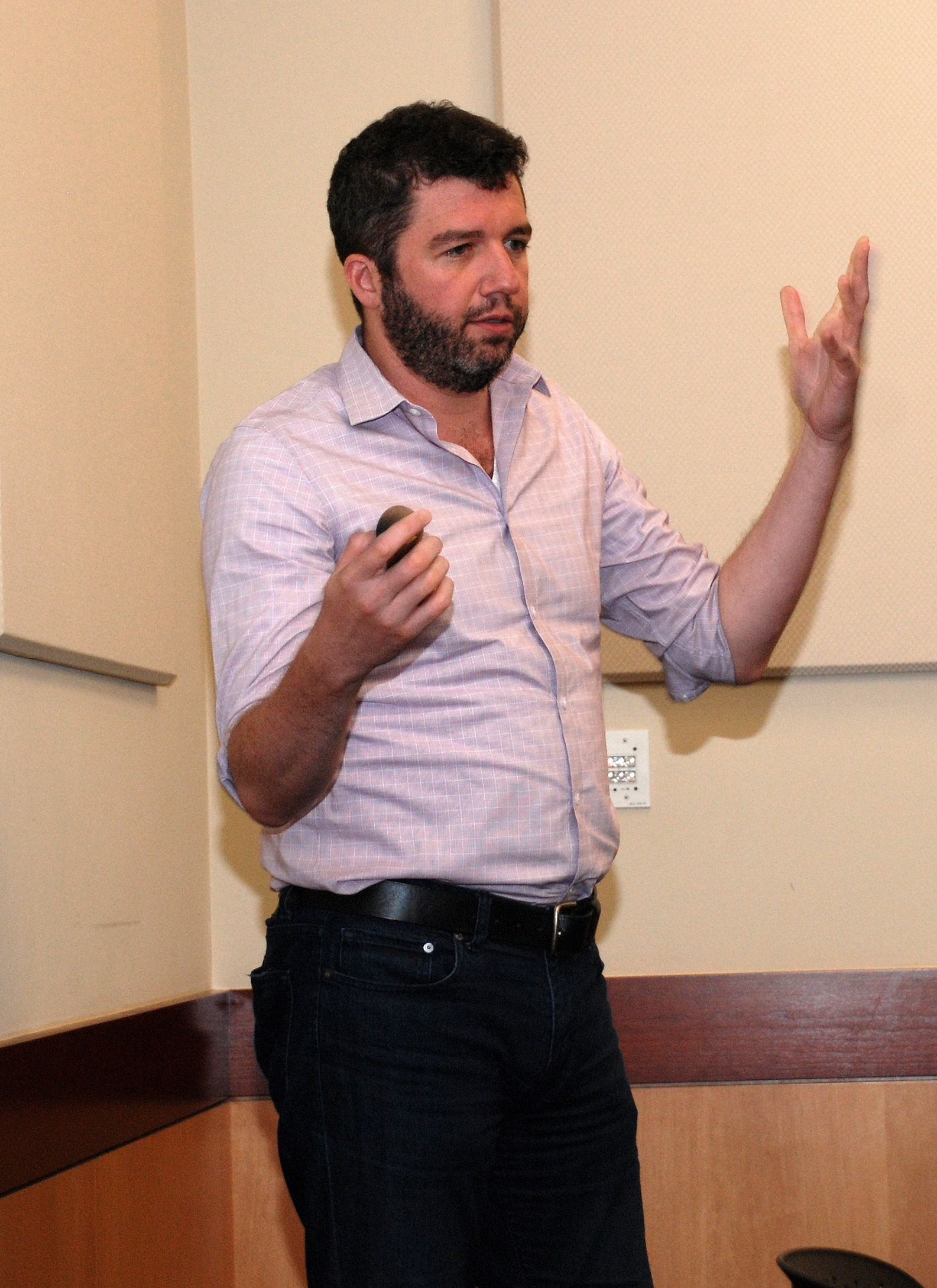
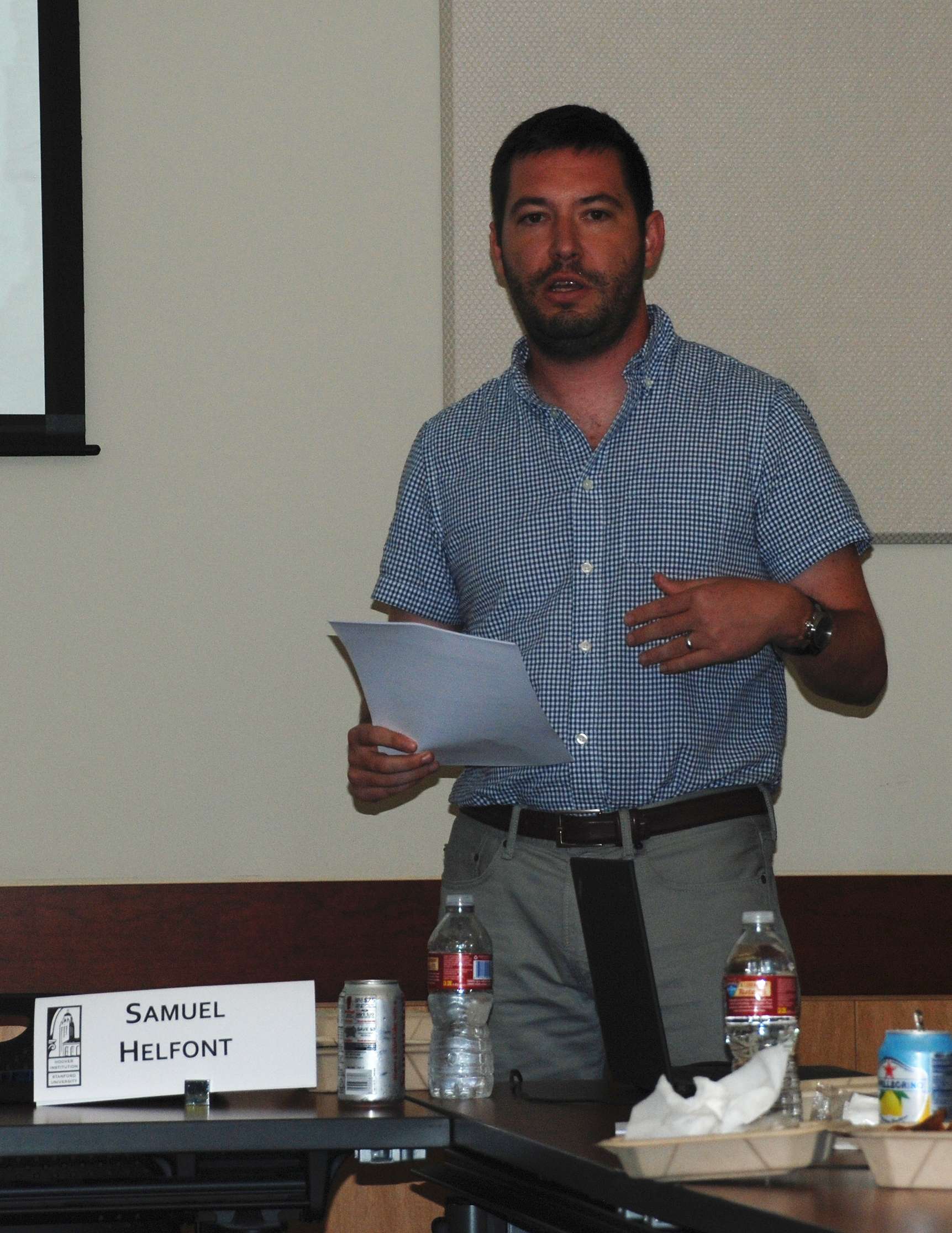
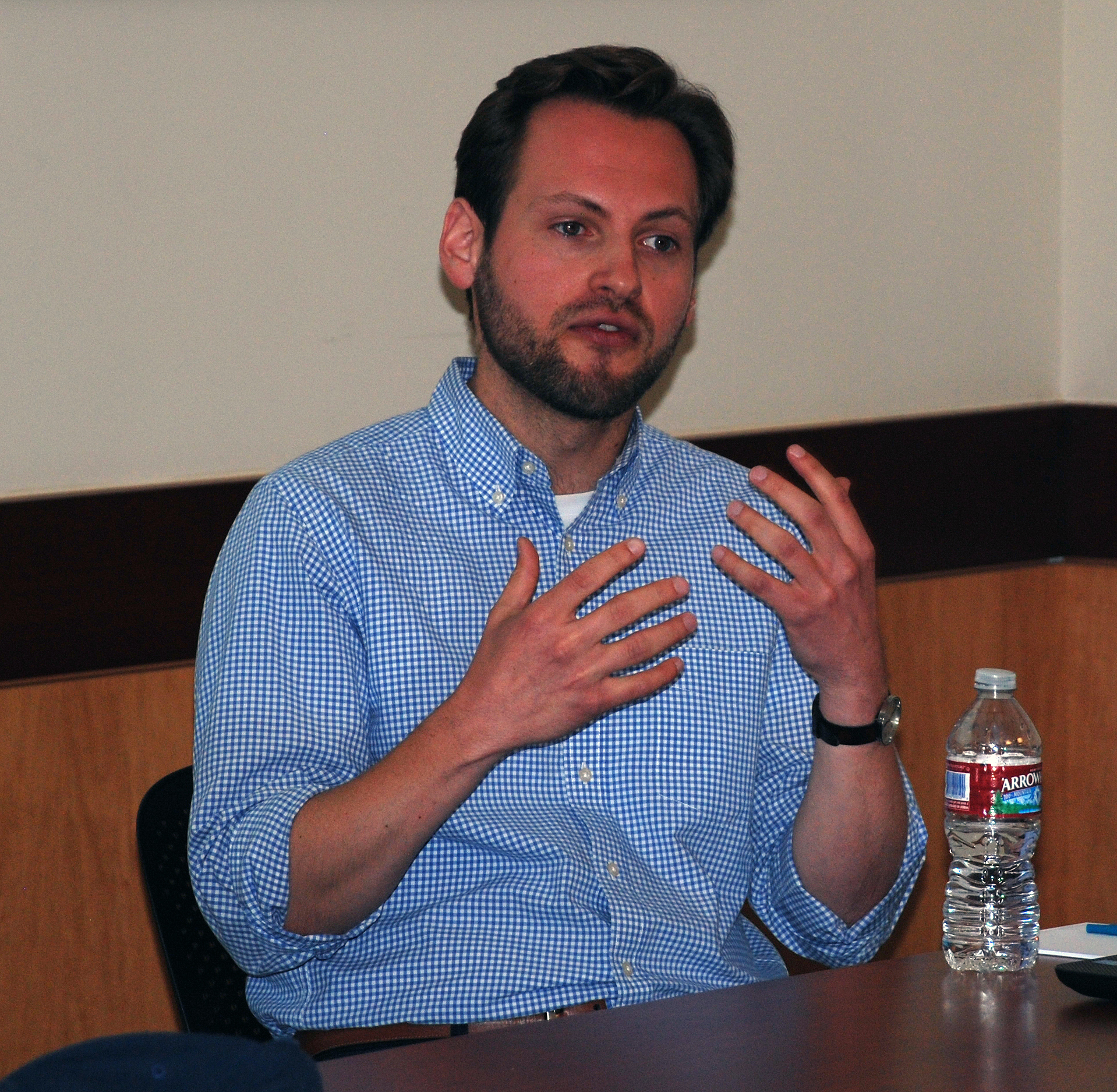
Since 2003, the Hoover Institution’s Workshop on Totalitarian Regimes has advanced the study of authoritarian rule in the forms of personal dictatorship, institutions of coercion and repression, and economic and social change. Each summer, the workshop brings together an international group of scholars who study authoritarian regimes of both the past and the present. For two weeks, prominent researchers from around the world, using Hoover's unique archival holdings, present their work at daily lunchtime seminars and exchange ideas informally over dinner. For more than a decade, workshop scholars have published books and articles based on their research in Hoover archival collections, including the records of the Communist Party of the Soviet Union, records of the Lithuanian section of the Soviet KGB, the Radio Free Europe–Radio Liberty Collection, the Chiang Kai-shek Diaries, the records of the Chinese KMT Party, and the Archive of the Chief Administration of Labor Camps (Gulag) of the Soviet Union.
From its beginning, the Workshop on Totalitarian Regimes has produced significant scholarship related to the Soviet Union under Stalin and the People’s Republic of China under Mao Zedong. As conflicts in the Middle East have escalated across the past decade, the workshop has promoted interest in scholarship that addresses conditions in Iraq, Iran, Syria, and Saudi Arabia. Hoover Library & Archives, recognizing the current critical need for scholarship concerning the Middle East, have recently acquired significant collections that will provide understanding of this troubled region, whose history and politics are still poorly understood. Recent acquisitions include the records of the Iraq Memory Foundation, Ba’ath Party Archives, the Afghanistan Pamphlet Collection, and the Islamic Fundamentalism Collection. Hoover Library & Archives are currently seeking a curator for the Middle East Collections.
This year, three young scholars in the field of Middle Eastern studies used Hoover collections for their two-week research and presented their findings to the group.
Kevan Harris, assistant professor of sociology at the University of California at Los Angeles, presented his research concerning coercion and mobilization in post revolutionary Iran. Drawing on comparative work on twentieth-century fascist and communist states, Harris identified the political mechanisms by which such factors as state centralization and economic restructuring caused intra-elite struggles that still go on today. In the Hoover Archives he worked on the records of Iranian history, especially those of the Islamic Fundamentalism Collection.
Samuel Helfont, a Ph.D. from the Department of Near Eastern Studies at Princeton University and a postdoctoral fellow at the University of Pennsylvania, researches religion, politics, and totalitarianism in Iraq. His presentation discussed the Ba’athist regime’s strategy of authoritarian entrenchment as a means of manipulating religion to achieve its political goals. Helfont argued that Saddam Hussein’s co-opting of religious leaders gave the regime the means to spread a particular interpretation of religion that reinforced Ba’thist rule in Iraq and undermined its adversaries around the globe. Helfont used the Hoover records of the Ba'ath Party of Iraq.
Jacob Olidort, a doctoral candidate in the Department of Near Eastern Studies at Princeton University and an adjunct fellow of the Washington Institute for Near East Policy, focuses his study on the evolution of the idea of the Islamic caliphate in response to localized political developments. His presentation for the workshop explored the methodology of Salafi ideology as it was formed by the towering figure of Muhammad Nasir al-Din al-Albani under the Ba’ath regime in Syria. During the workshop, he used a variety of Near Eastern and Middle Eastern records, including the Islamic Fundamentalism Collection and records from Iraq and Saudi Arabia.




